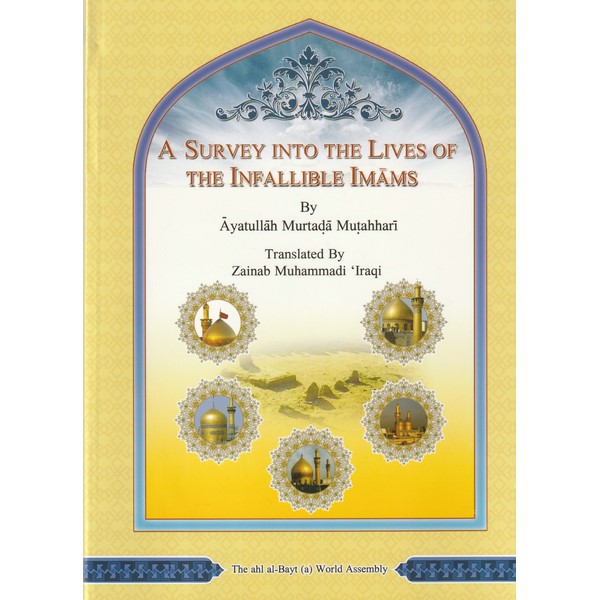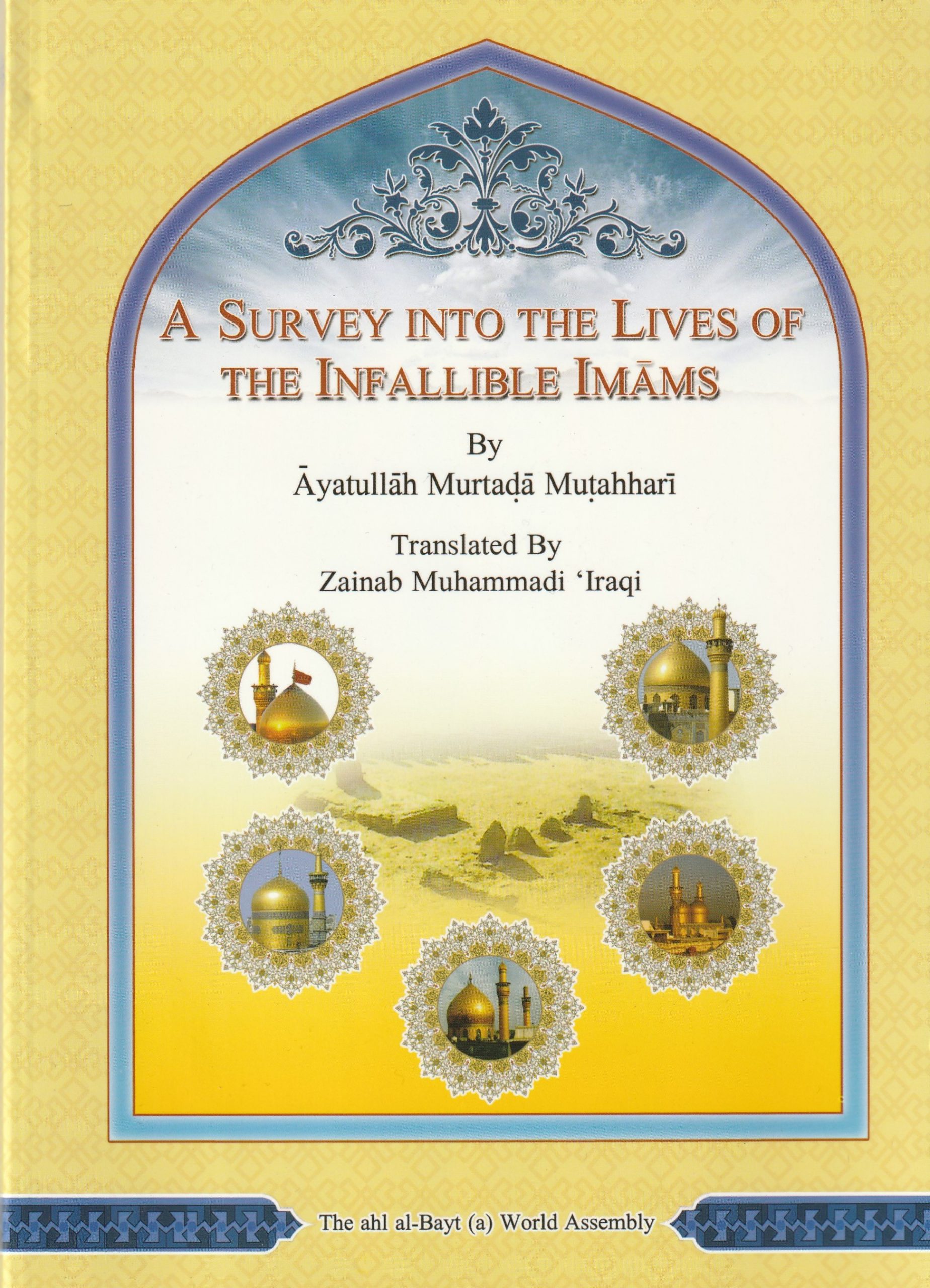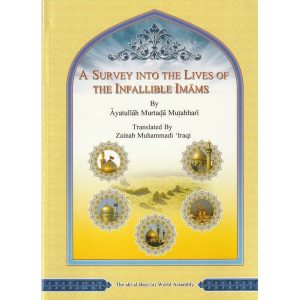Description
This text provides a good analysis of the lives of the Infallible Imams while presenting the different methods, struggles, and circumstances of each Imam and how they may have acted similarly or differently. However they have all acted as Allah (SWT) desired of them spreading Islam in the social circumstances they lived, as well as the practice of Taqiyyah where necessary.
HEAVILY SUBSIDIZED BY WWW.ISLAMICTHOUGHT.CO.UK








Reviews
There are no reviews yet.